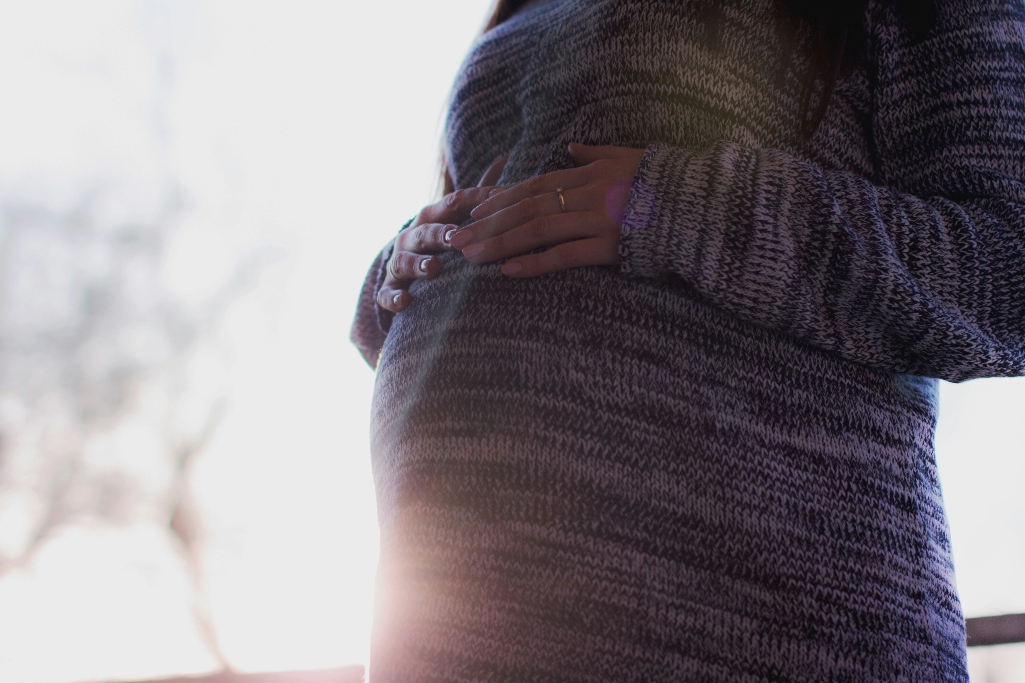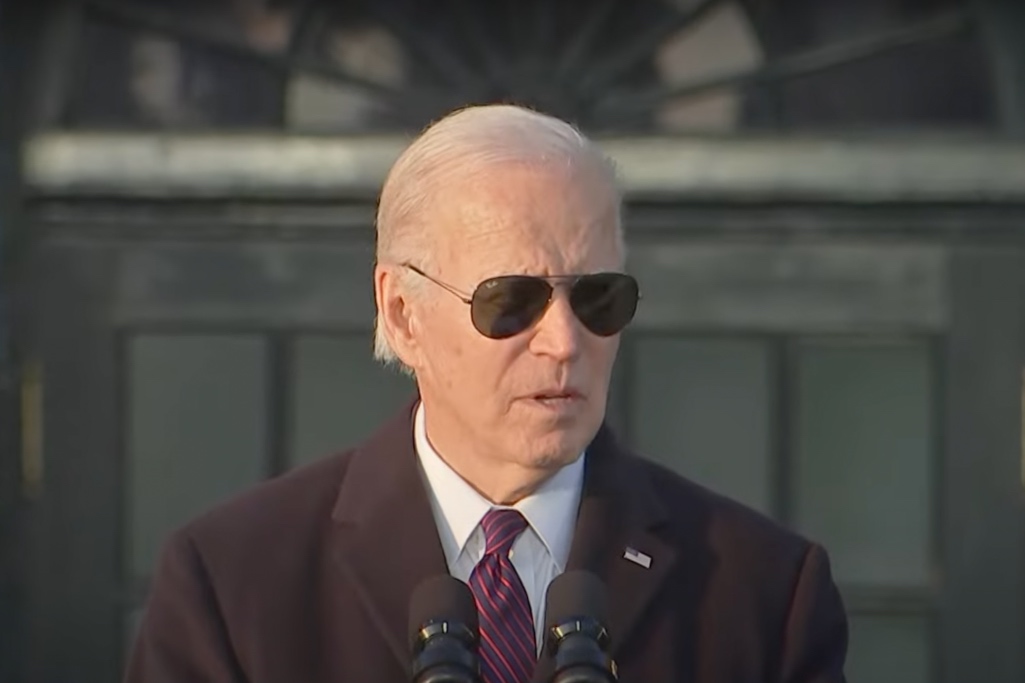
NASHVILLE (BP) – The Ethics & Religious Liberty Commission (ERLC) has joined several pro-life organizations and advocates in calling on Congress to pass an expansion of the Child Tax Credit (CTC), which they believe will benefit low-income families and children.
This proposed expansion is part of a larger tax bill, known as the Tax Relief for American Families and Workers Act of 2024 (H.R. 7024), which aims to increase access to the CTC for lower-earning families.
The bipartisan tax package passed the House of Representatives’ Ways and Means committee (the House’s chief tax-writing committee), on Friday, Jan. 19, with a vote of 40-3. It is expected to receive a vote on the House floor in the coming days.
The ERLC, along with other pro-life partners, signed a Jan. 29 letter urging Congressional leaders to pass this expansion to the CTC.
“The ERLC was proud to join many of our pro-life partners in calling on Congress to take this modest, but significant, step toward policy that wraps around vulnerable families,” said Hannah Daniel, ERLC public policy director.
The letter points to the growing cost of raising children as a need for the legislation.
“As pro-life organizations, we support making sure mothers, fathers and their children have every tool and resource available to choose life and support families,” the letter states. “American families face unprecedented challenges with higher costs of the most essential items for families such as food, gas, energy, health care, and housing.
“H.R. 7024 improves the CTC to better serve all families in need by adjusting the CTC for inflation so that they receive tax relief. This means as the costs of having a family increase, so will the resources moms and dads have to make ends meet and provide for their kids.
“The legislation would also stop penalizing parents for having more than one child by treating all children equally. This is not only fair for families no matter their size but also ensures support for growing families. … H.R. 7024 provides commonsense protection for families and supports growing families at a time when the cost of raising children continues to increase.”
The letter is addressed to Speaker of the House Mike Johnson (a Southern Baptist and former ERLC trustee), U.S. House Minority Leader Hakeem Jeffries, U.S. Senate Majority Leader Charles Schumer and U.S. Senate Minority Leader Mitch McConnell.
Other pro-life organizations and advocates to sign the letter include Concerned Women for America, Susan B. Anthony Pro-Life America, radio host Eric Metaxas, National Association of Evangelicals and Americans United for Life.
The current child tax credit provides a nonrefundable credit of $2,000 per child under age 17 for families earning up to $200,000 ($400,000 if filing jointly). There’s also an additional child tax credit, which is meant to help families with insufficient tax liability to claim $2,000 per eligible child. The refundable amount is currently capped at 15 percent of the family’s income above $2,500.
The proposed expansion would change the way the CTC is calculated by allowing families to multiply the credit by the number of children they have. For instance, a family that makes $13,000 a year with two children would receive $1,575 per child, instead of $1,575 overall.
The proposal also includes an increase in the refundability cap, or the maximum child tax credit families can earn per child, to adjust for inflation. The cap was previously $1,600 and would increase to $1,800 in 2023 and $1,900 in 2024.
This proposed expansion has been estimated to potentially benefit more than 15 million children in low-income families, and be particularly beneficial to families with multiple children. The Center on Budget and Policy Priorities estimates that the expansion could lift as many as 400,000 children above the poverty line.
The CTC was expanded temporarily in 2021. Those changes, which applied only in that year, increased the CTC to a maximum of $3,600 per child, increased the age limit and made it fully refundable, with half the sum available in advance monthly payments.
Some believe these changes contributed to a record low child poverty of 5.2 percent in 2021.
Daniel said robust pro-family and pro-life advocacy will require bipartisan cooperation.
“In this post-Roe era, we must make strides in bipartisan work like this to truly create a culture of life that promotes family formation and provides resources that could assist and encourage many in choosing life,” she said.
(EDITOR’S NOTE – Timothy Cockes is a writer in Nashville.)


